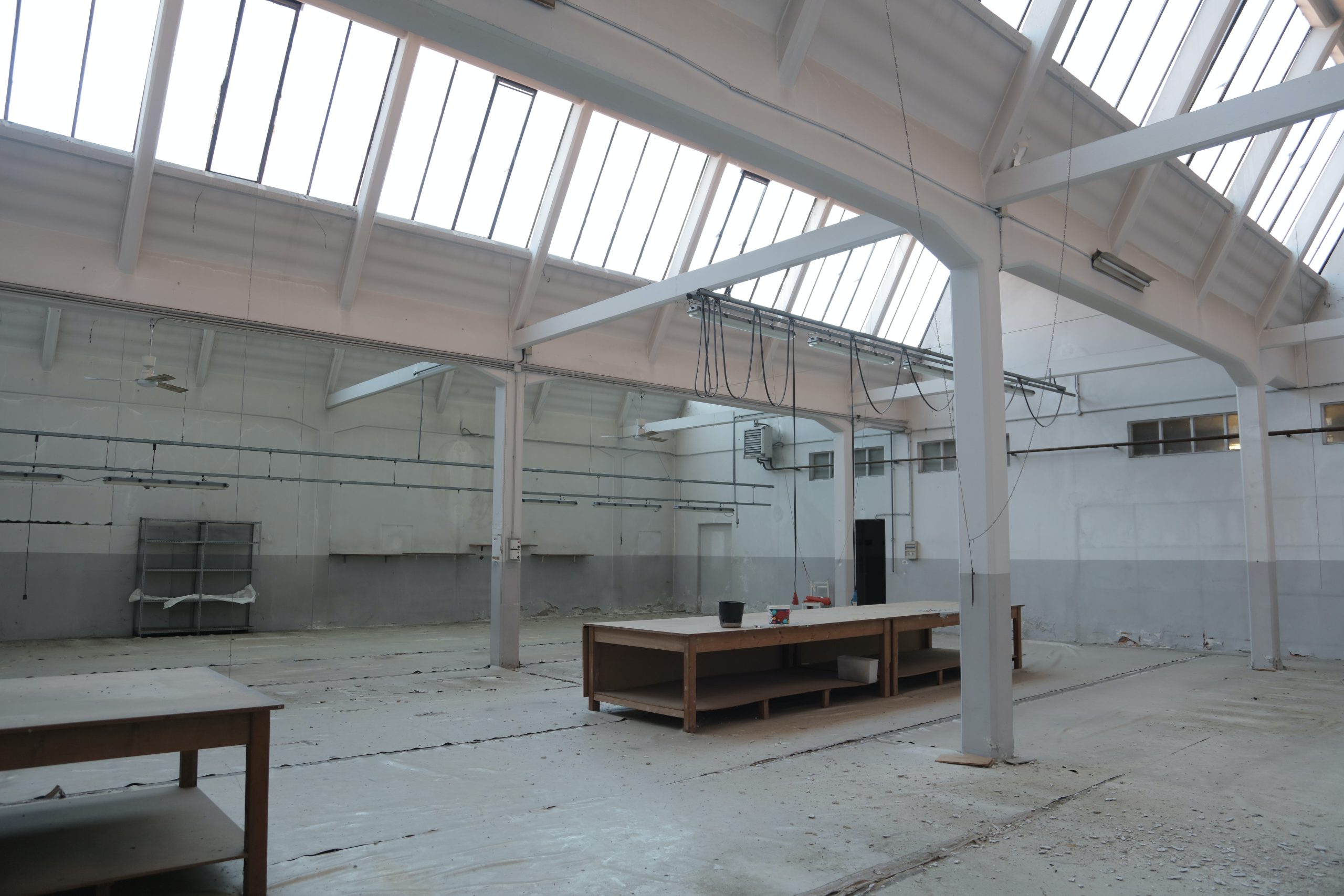
16 Oct What is the Strongest Industrial Flooring?
Selecting the right flooring for an industrial space is no small feat. The floor has to put up with a lot: heavy machinery, high foot traffic, chemical spills and more. With this in mind, let’s dive into understanding what makes for the strongest industrial flooring.
The Importance of Strength in Industrial Flooring
It’s crucial to ponder over what we mean by “strength” in the context of industrial flooring. Different operational requirements dictate what constitutes as “strong” in various industries. For instance, a petrochemical plant would prioritize chemical resistance, while a storage facility might look for flooring that can bear heavy loads. Therefore, identifying the “strongest” flooring option requires assessing specific operational needs.
Material Options for Industrial Flooring
Epoxy Flooring
The fame of epoxy flooring isn’t by chance. This material offers a mix of attributes that makes it a go-to option for many industrial spaces. For starters, epoxy is highly resistant to wear and tear, making it an excellent choice for places that see a lot of foot traffic. Additionally, its seamless surface is easy to clean, which is a significant advantage when you think about maintenance.
Another strong point of epoxy flooring is its versatility. You can find it in multiple colours and patterns, making it an excellent choice for those who don’t want to compromise on aesthetics while seeking strength. Moreover, additives can be mixed into the epoxy to provide anti-slip properties or extra resistance against certain chemicals.
Concrete
Concrete is synonymous with strength. This sturdy material is a conventional choice for industrial flooring, providing a high load-bearing capacity. While concrete itself is durable, it’s essential to use sealants or coatings to boost its resistance against stains and corrosive substances.
One of the standout features of concrete is its longevity. If properly maintained, this type of industrial flooring can last for decades, making it a cost-effective option in the long run.
Polyurethane
If you’re dealing with an environment where chemicals play a big part, polyurethane flooring might be what you need. Compared to other types, polyurethane is more resilient against corrosive chemicals. Plus, it’s flexible, which can be advantageous in areas with fluctuating temperatures or where the floor might undergo some level of physical stress.
The elasticity of polyurethane makes it adaptive to changes in temperature and physical pressure. This means that the flooring is less likely to crack or get damaged when conditions change, ensuring a longer lifespan.
Factors Affecting the Strength of Industrial Flooring
Thickness
One might think that the thicker the floor, the better. Generally, a thicker floor will be more resilient against heavy machinery and high foot traffic. However, the actual thickness required will depend on your specific operational requirements.
Substrate Preparation
It cannot be stressed enough how crucial substrate preparation is for any industrial flooring. Even the strongest material can fail if the substrate isn’t adequately prepared. This could lead to a host of problems, from cracks to uneven surfaces.
Surface Finish
The finish of your floor is not just about looks; it’s also about durability. Surface options that include non-slip or textured finishes not only add an extra layer of safety but can also contribute to the floor’s overall strength.
Making the Right Choice
Choosing the strongest industrial flooring requires a deep understanding of your specific operational needs. It’s not just about what can bear the most weight or resist the most chemicals; it’s also about what can sustain its quality over a long period, requiring the least amount of maintenance.
Maintenance Matters
Remember, even the most robust floors need upkeep. Cleaning, repairs, and resurfacing are vital for the flooring to live up to its potential longevity. Neglecting these aspects could end up costing you more in the long run.
Final Thoughts
There’s no one-size-fits-all when it comes to industrial flooring. Whether epoxy, concrete, or polyurethane is the strongest for you depends on various factors including your industry type, the kinds of machinery you use, and the conditions your floor will face. Yet, regardless of your choice, remember that proper installation and maintenance are non-negotiable for ensuring the strength and durability of your flooring for years to come.



